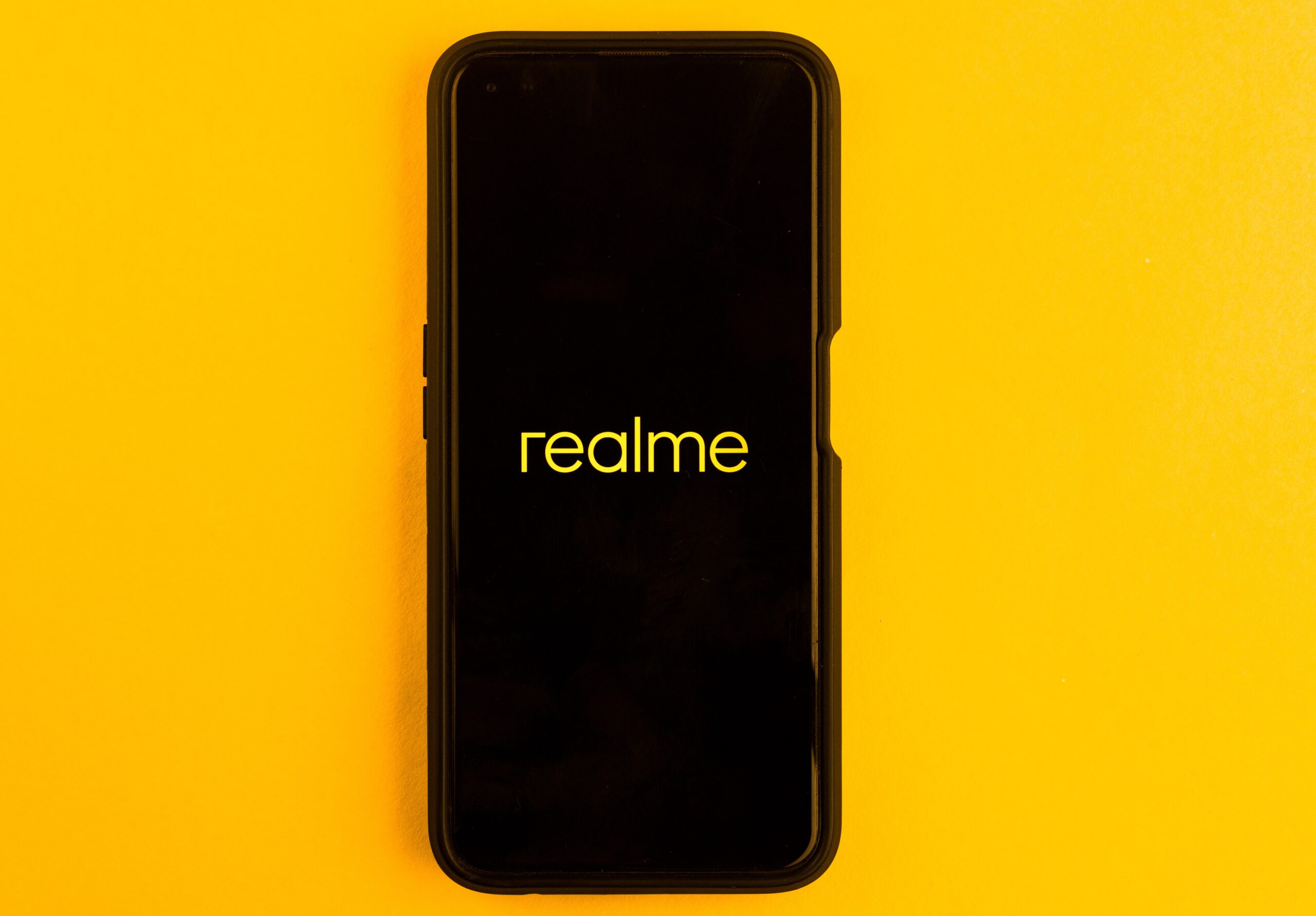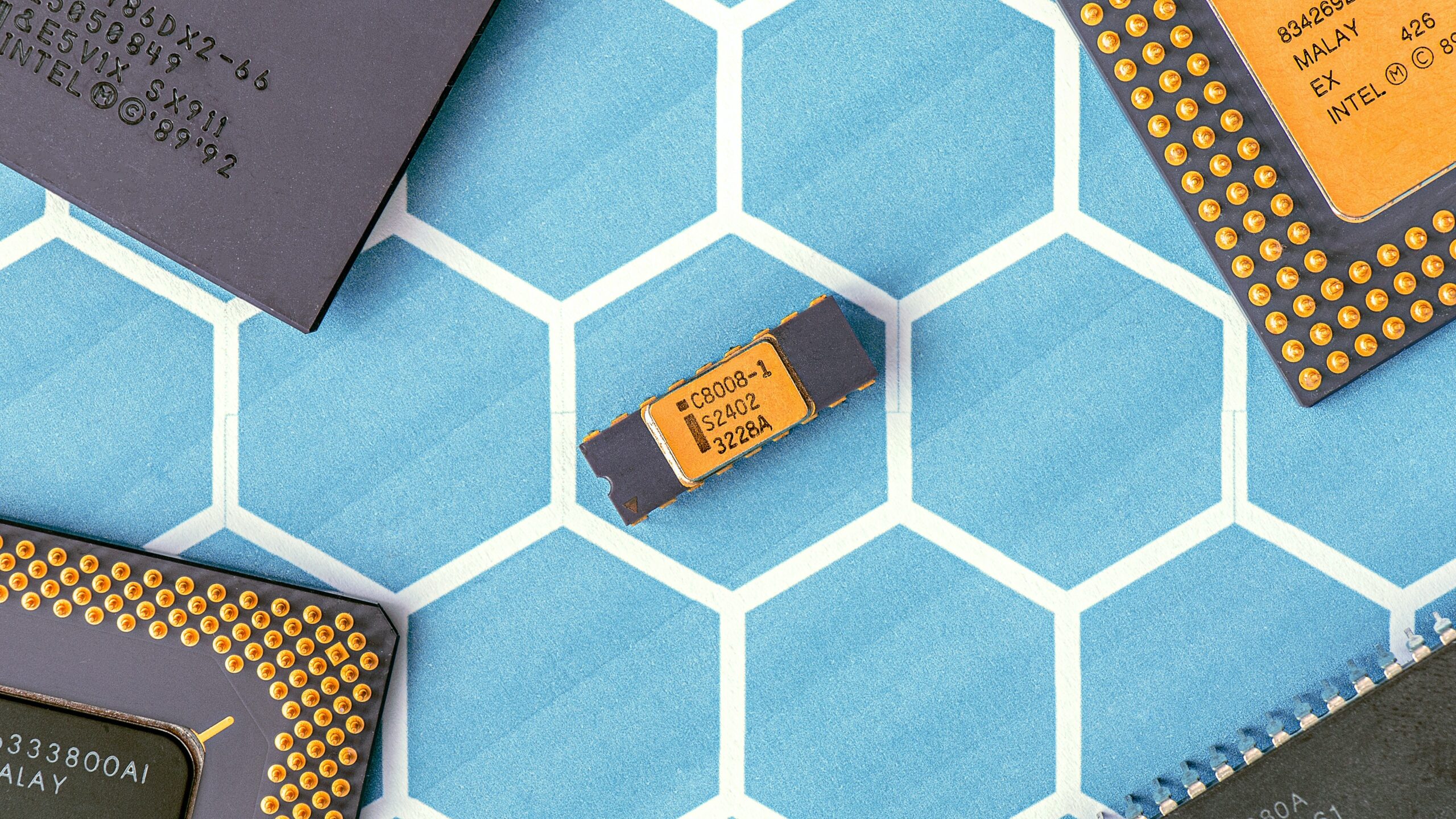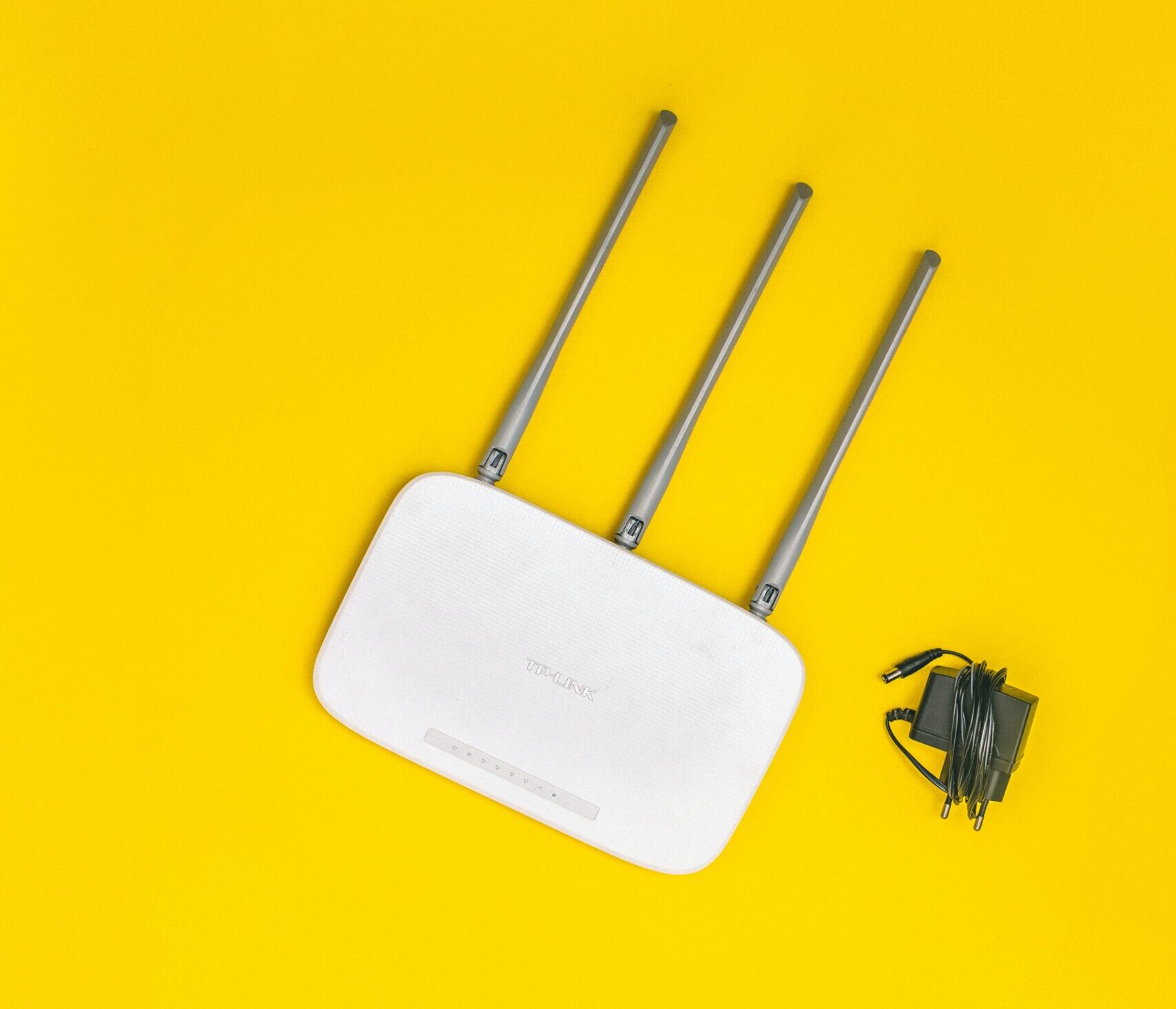Find out once and for all if your cell phone is really “spying” on you. See how companies use your data.
You've probably felt like your phone could listen to what you were saying. After all, who hasn't received a recommendation for a product or service related to something they discussed on the phone, or with a family member? For this reason, many people claim that their smartphones are recording their conversations, so that this information can later be used to target us with advertising.
But is this really happening? The answer is no, according to Caio Gomes, data director at Unico, a specialist in digital identity. Find out more below.

Don't cell phones record us?
Contrary to conspiracy theories, the reality is that companies do not record our conversations or listen to what we say on our devices. In fact, this includes statistics and a lot of data collection, but not audio recordings of conversations. This data will not be collected without your consent. Quite the opposite.
By clicking to accept the terms and conditions and privacy policies, users themselves grant permission to apps and other connected services to access various sensors that collect data such as location information and contact lists. Data necessary to provide services over the Internet. First of all, it is important to clarify that it does not make economic sense to collect all the audio content from phones.
As audio processing becomes centralized in the cloud, mobile data usage will increase to a level that users will notice. Alternatively, if the processing happens on the device itself, the battery will drain quickly, which is easily noticeable when the device heats up.
How do companies collect data?
Caio Gomes states that users should focus on metadata and behavioral patterns. Imagine visiting a friend's house and talking about cell phone brands. The location shows that you are already there, and if your friends search for that brand later, it is a sign that you are also a target of that ad. By analyzing these correlations, technology companies create advertising scenarios that influence us every day.
However, when an ad matches recent conversations, it grabs our attention and creates the illusion that the targeting is more accurate than it actually is. We tend to ignore the many failures of advertising and focus only on the successes, which can distort our understanding of reality. With all this in mind, we can all feel confident about the audio recording and listening capabilities that our phones deliver. Using daily data to target your ads is not only more effective, but also more accurate and profitable.
General Data Protection Law
Security gaps in platforms can allow content to be collected without permission and create a fertile environment for cybercriminals. Therefore, companies must always provide clear and accessible information about your personal data. In Brazil, the use of this information is regulated by the General Data Protection Law (LGPD). There have been changes in data processing practices that require user consent and organizational transparency regarding the use of these files, along with sanctions for misuse.
Users concerned about protect your information Personal data subjects should be familiar with terms of use and policies. If users consent to the collection and use of their data, there is no reason to worry. This may mean that a relationship of trust has been established between the company and the consumer.
How to prevent data leaks
Many apps and websites require certain information to run services like WhatsApp or Instagram. This information requires access to your camera and microphone to perform certain functions. However, not all platforms require this. When in doubt, only allow access to the data that the app actually needs.



